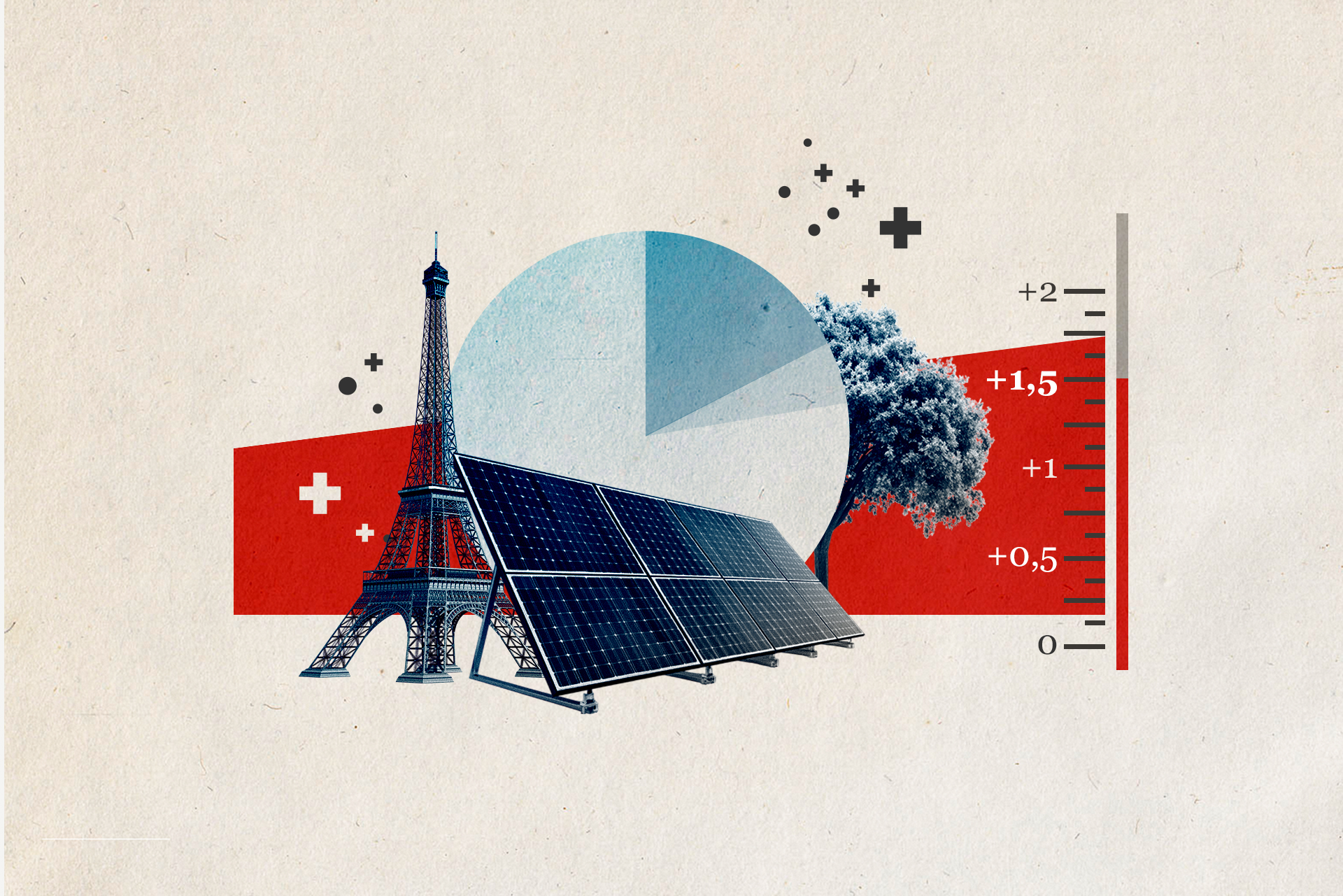
Swiss health insurance premiums to rise 6% in 2025

Swiss health insurance premiums will rise by an average of 6% in 2025. The average monthly premium will be CHF 378.70, says the Federal Office of Public Health (FOPH).
+ Get the most important news from Switzerland in your inbox
This means the increase will be lower than this year’s 8.7%.
According to the FOPH, the average monthly premium is calculated by adding up all premiums paid in Switzerland and dividing them by the number of insured persons.
For adults, the premium will rise by CHF25.30 to CHF449.20 in 2025. Young adults will have to pay CHF16.10 more and thus CHF314.10. The average premium for children will rise by CHF6.50 to CHF117.90.

More
Is there an answer to Switzerland’s spiralling healthcare cost misery?
The increase in premiums is due to the rising costs of health insurance, writes the FOPH. In 2023, cost increases of 4.6% had already risen faster than the long-term average. In the first six months of 2024, costs have risen again by 4.1% compared to the same period in the previous year.
Older people, expensive medication
According to the FOPH, health insurers expect costs to rise by 4.2% in the coming year. New medicines and treatment options as well as rising demand for services have led to this cost surge. The shift from inpatient procedures to outpatient care is also playing a role.
This makes medical sense and reduces costs overall. However, as outpatient treatment is only financed by compulsory health insurance, the shift leads to a higher premium burden.
According to the FOPH, costs will continue to rise in the future due to the ageing population and new therapies and medicines. New treatment options are to be welcomed. However, cost growth must be kept in check if the healthcare system is to be financed sustainably.
“Cost containment is an ongoing task that must be tackled again and again by different players in different places.”
At the beginning of 2024, the reserves of the health insurance funds across the entire sector had fallen from CHF8.5 billion to CHF7.3 billion. The Confederation cites the fact that costs rose more sharply in 2023 than was expected at the time the premiums were submitted as the main reason.
Translated from German by DeepL/mga
This news story has been written and carefully fact-checked by an external editorial team. At SWI swissinfo.ch we select the most relevant news for an international audience and use automatic translation tools such as DeepL to translate it into English. Providing you with automatically translated news gives us the time to write more in-depth articles.
If you want to know more about how we work, have a look here, if you want to learn more about how we use technology, click here, and if you have feedback on this news story please write to english@swissinfo.ch.

In compliance with the JTI standards
More: SWI swissinfo.ch certified by the Journalism Trust Initiative



























You can find an overview of ongoing debates with our journalists here . Please join us!
If you want to start a conversation about a topic raised in this article or want to report factual errors, email us at english@swissinfo.ch.